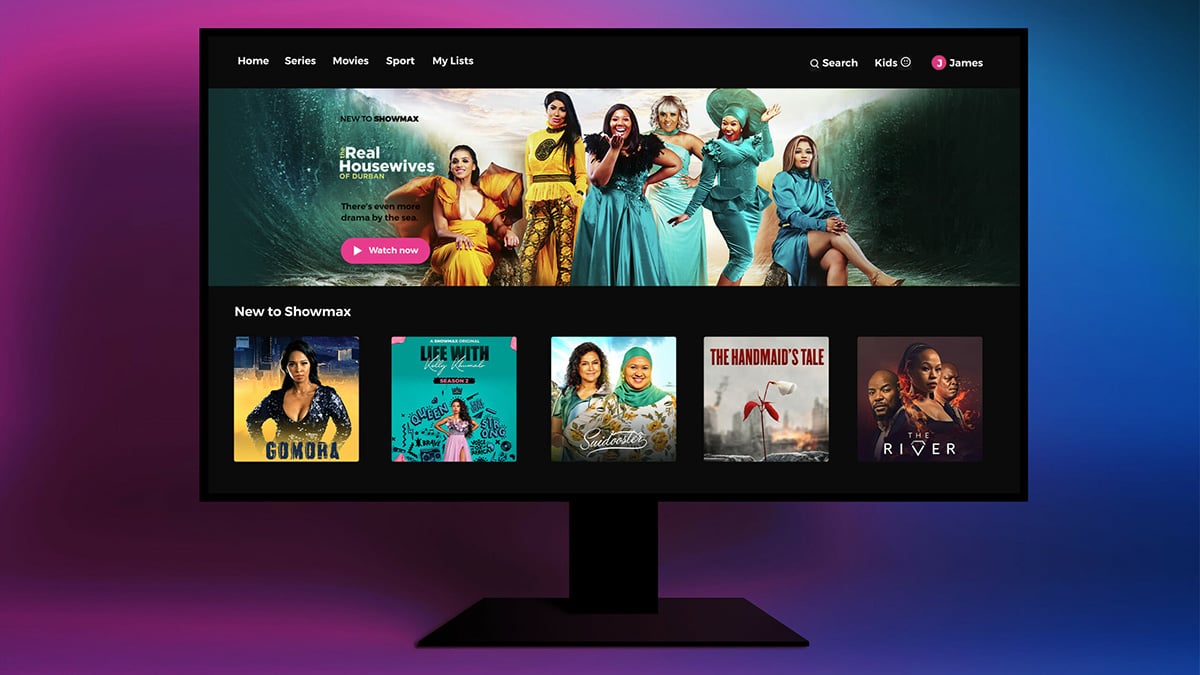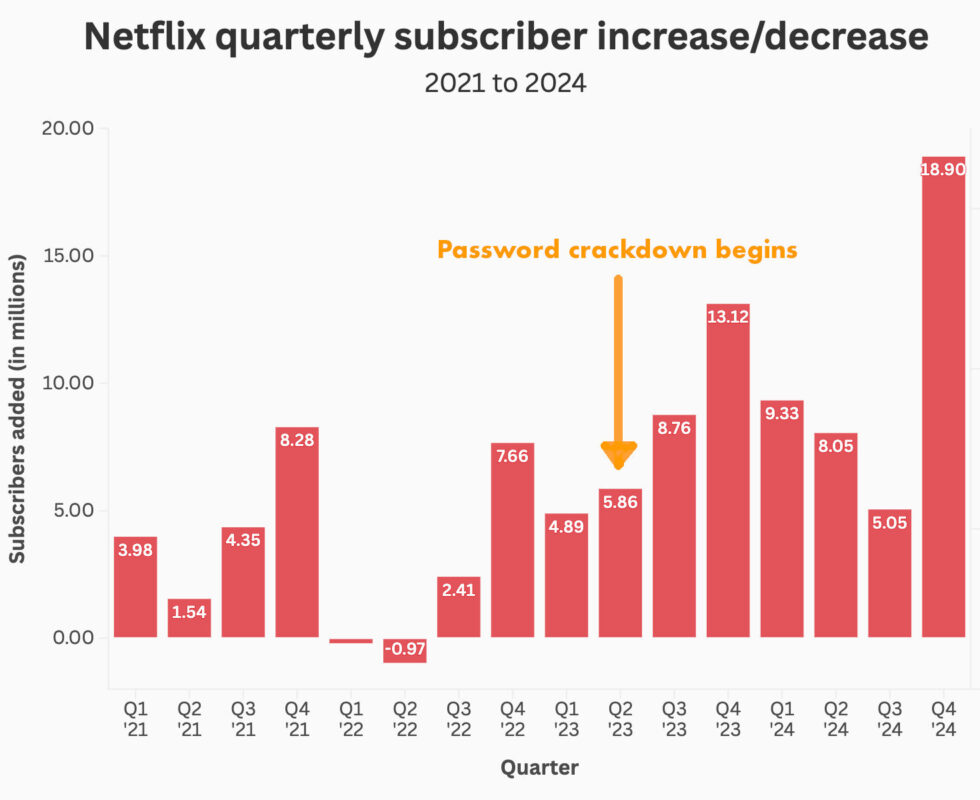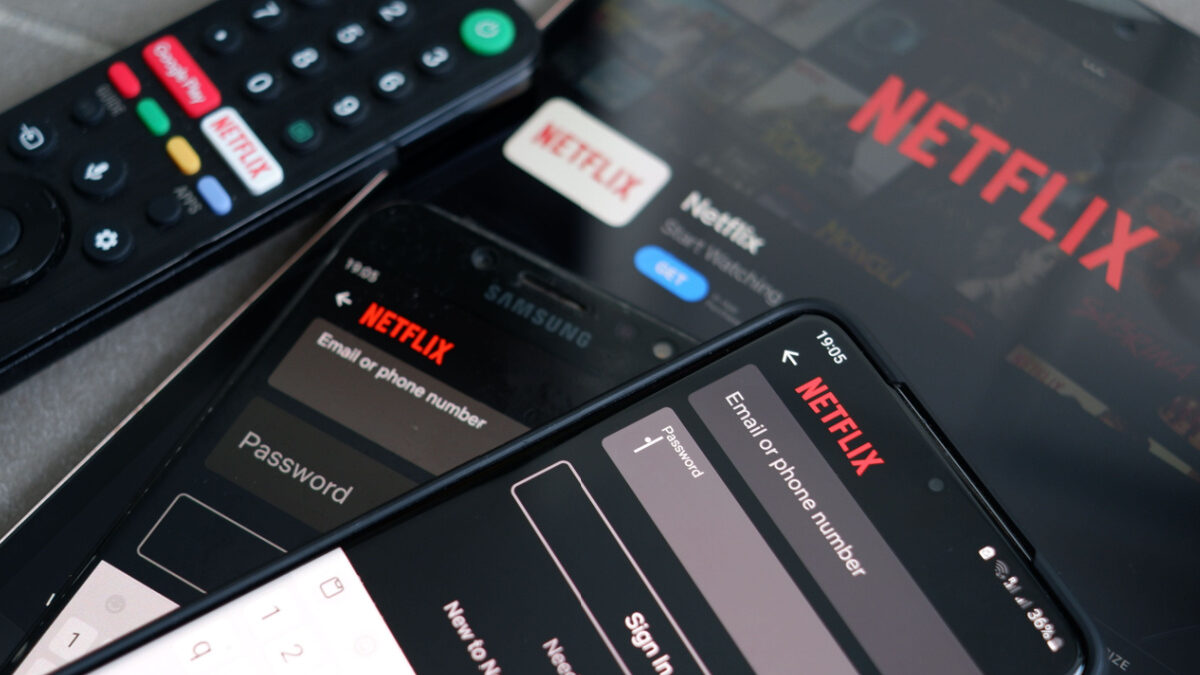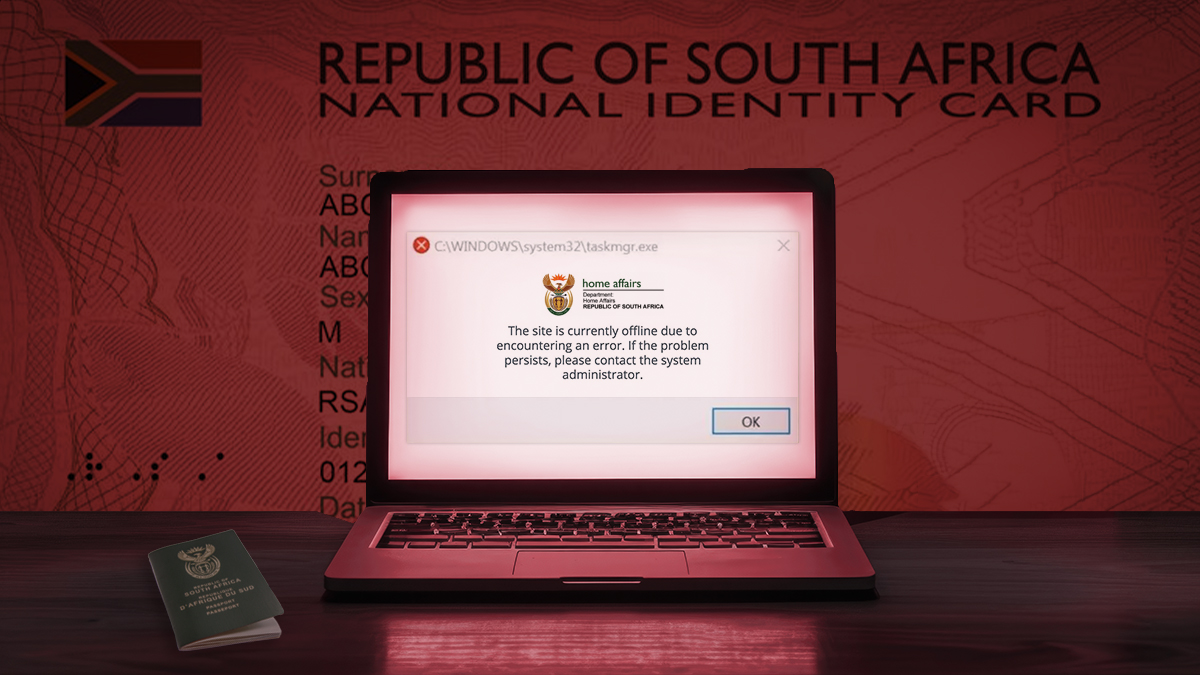DStv and Showmax beating Netflix with this one feature in South Africa

While Netflix limits account usage to one per household, Showmax has never restricted customers in this way, and MultiChoice recently restored DStv subscribers’ ability to have two simultaneous streams.
In recent years, one of MultiChoice’s most controversial decisions was restricting concurrent streaming on its DStv Stream service to one device from March 2022.
The change sparked fierce backlash from its subscribers and MultiChoice explained it was necessary to address the negative impact of password-sharing and pirate streaming.
However, many legitimate customers pointed out that the restrictive policy had resulted in members of their own households being unable to watch content simultanousely.
MultiChoice assured it was working on features such as “Proximity Control” to detect when devices were being used within the same household and allow more than one stream at a time.
At one point, it even rolled out a “Home Base” feature on some decoders, which made it seem as though the feature’s launch was imminent. However, it never happened.
The issue was partially mitigated when DStv introduced its Extra Mobile Stream feature in August 2023, allowing subscribers to pay a small fee to add an extra streaming environment on a smartphone or tablet.
By that point, the world’s biggest video streaming service, Netflix, had also started cracking down on password sharing.
The company began testing password-sharing restrictions in selected markets in late 2022 and fully implemented them from mid-2023.
Instead of reducing the number of concurrent streams, Netflix restricted the usage of all the streams to one household, using metrics like IP addresses and device IDs to block password-sharing.
For those who wanted to use their subscription outside the house, Netflix could generate a temporary code which is sent to the account holder’s email address.
It also introduced discounted sub-accounts for additional households as an add-on option in roughly 100 markets. The strategy paid off handsomely as Netflix subscriber numbers surged.

However, although it imposed the same single-household limits on its subscribers in South Africa, Netflix does not offer sub-accounts locally.
Netflix chief product officer Eunice Kim told MyBroadband that the decision to exclude certain countries from the feature was based on criteria.
That included whether account sharing was relatively common in a particular country and if there would be a large market for paid shared accounts.
In addition, the service weighed whether a lower-cost option would benefit the market’s pricing model.
In the US, the sub-account’s price is about 52% of the Standard subscription. Applying that percentage to South Africa’s Netflix prices, the sub-accounts would cost around R83.
That is only R16 cheaper than Netflix Basic — a package that is not offered in many countries with sub-accounts.
Those markets also typically don’t support mobile-only subscriptions, which are priced at R49 in South Africa.
Netflix detection system misbehaving

The reasoning for the local lack of sub-accounts seemed sound.
However, Netflix’s system for detecting whether a person’s device is within the same household as the primary account user is proving to be a major headache for some users.
Several MyBroadband readers and forum members have reported that Netflix incorrectly detects some devices on their home Wi-Fi network as accessing the service outside the household.
One issue could be that some South African Internet service providers (ISPs) use dynamic IP addresses, which could confuse Netflix’s password-sharing detection system.
When asked about this, Netflix advised that it may only associate one Wi-Fi network with the primary household.
“If you want to watch Netflix on a device that is connected to a Wi-Fi network using a different ISP account or that has a different external IP address, you may be asked to verify that device as part of your Netflix Household,” the company said.
“Make sure to set or update your Netflix Household from a device that is connected to your preferred or most used internet connection.”
It is unclear whether this would include cases where a household might use both a 2.4GHz and 5GHz network on the same Internet connection.
While Netflix’s password-sharing detection system is generating false positives, MultiChoice has reintroduced its concurrent stream for DStv Premium, Compact Plus, and Compact packages.
Additionally, it should be pointed out that MultiChoice’s video streaming service — Showmax — has never limited use to a single location.
Since its introduction, Showmax has allowed two concurrent streams in any location in South Africa.
This feature has recently received praise from cash-strapped South Africans, including households who have children studying on a campus far away from their home.
When counting the DStv and Showmax concurrent streams together, a subscriber has four streams, two of which can be used for watching live sports.
































